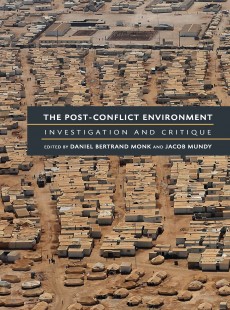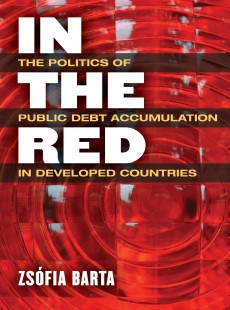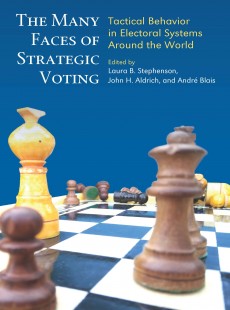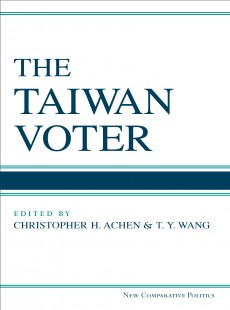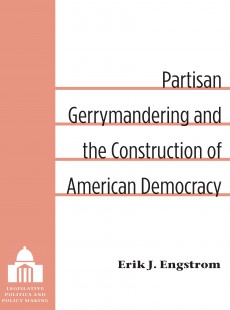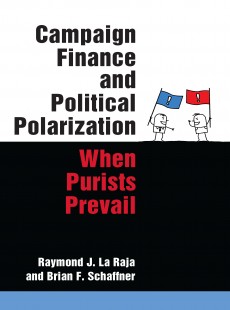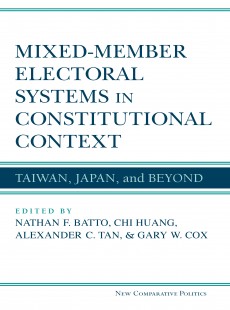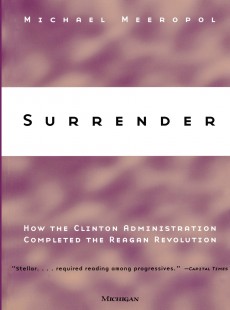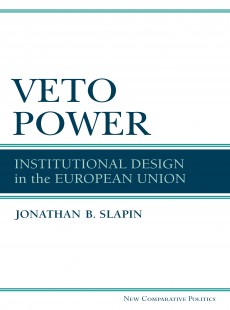The Distinction of Peace
A Social Analysis of Peacebuilding
Catherine Goetze
 Publisher: University of Michigan Press
Publisher: University of Michigan Press
Imprint: University of Michigan Press
Published: 01/2017
Pages: 296
Subject: Political Science - Peace, Political Science - International Relations/General
Print ISBN: 9780472053414
eBook ISBN: 9780472900763
DESCRIPTION
'Peacebuilding” serves as a catch-all term to describe efforts by
an array of international organizations, nongovernmental
organizations, and agencies of foreign states to restore or
construct a peaceful society in the wake—or even in the midst—of
conflict. Despite this variety, practitioners consider themselves
members of a global profession. In The Distinction of Peace,
Catherine Goetze investigates the genesis of peacebuilding as a
professional field of expertise since the 1960s, its increasing
influence, and the ways it reflects global power structures. Goetze
describes how the peacebuilding field came into being, how it
defines who belongs to it and who does not, and what kind of group
culture it has generated. Using an innovative methodology, she
investigates the motivations of individuals who
become peacebuilders, their professional trajectories and
networks, and the 'good peacebuilder” as an ideal. For many,
working in peacebuilding in various ways—as an aid worker on the
ground, as a lawyer at the United Nations, or as an academic in a
think tank—has become not merely a livelihood, but also a form of
participation in world politics. As a field, peacebuilding has
developed techniques for incorporating and training new members,
yet its internal politics also create the conditions of exclusion
that often result in practical failures of the peacebuilding
enterprise. By providing a critical account of the social
mechanisms that make up the peacebuilding field, Goetze offers deep
insights into the workings of Western domination and global
inequalities.
REVIEWS
“Goetze’s contribution should be relevant and inspiring both for scholars interested in peacekeeping and in international political sociology.”
—Anna Leander, Copenhagen Business School
RELATED TITLES
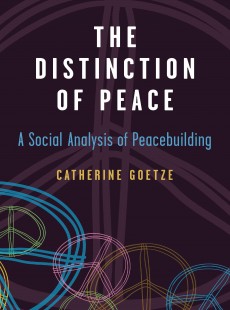
 Publisher: University of Michigan Press
Publisher: University of Michigan Press